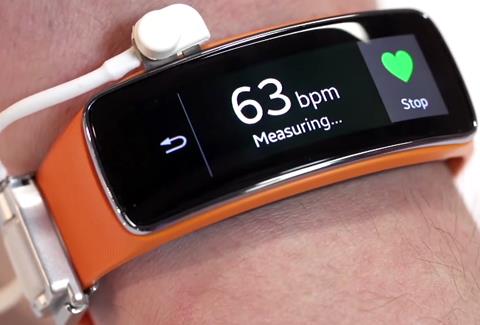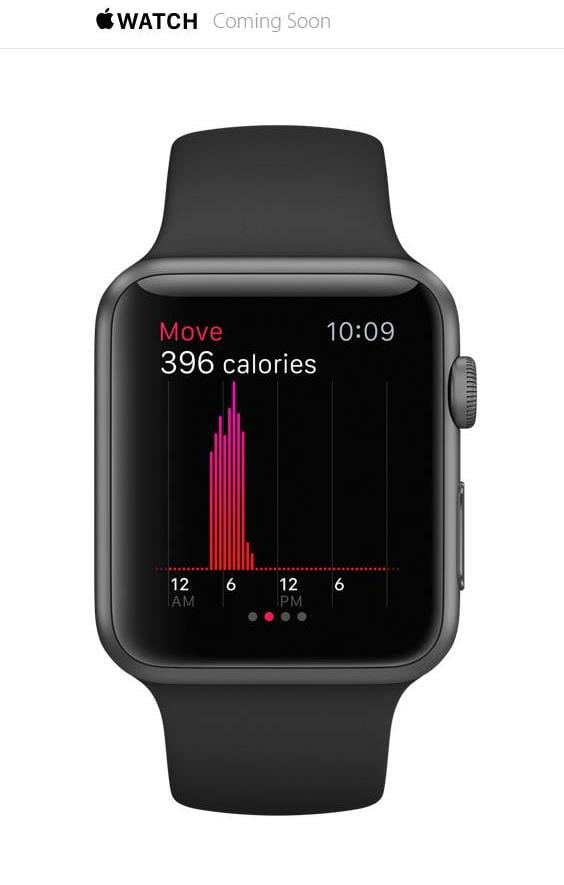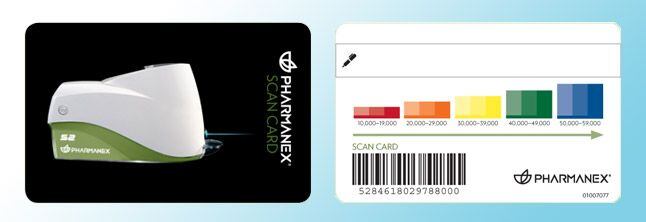Such strategies can be cheaper for researchers, more engaging for participants and the wider public and could even attract greater EU-level funding. This was one of the key messages from a DSM-organised workshop held at the University Medical Centre Groningen (UMCG) in the Netherlands this week.
Professor John Mathers of the Human Nutrition Research Centre at the University of Newcastle in the UK - who recently completed a healthy ageing pilot study using data collected through a bespoke digital platform called LEAP - echoed this interest in new technology.
LEAP was available for participants on laptops, smart phones and tablets. It takes a holistic approach with modules on ‘moving more’, ‘changing work’ for post-retirement, ‘being social’ and ‘eating well’.
Nutrition funding was hard to come by at an EU level, professor Mathers said, while there was greater fiscal enthusiasm for digital under the recently appointed Commission cabinet. If a nutrition research project had a technological aspect this could be a good new hook to help secure EU funding, he told NutraIngredients.
Old issue, new ideas
Discussing his nutrigenomics project Food4Me, professor Wim Saris of the Nutrition Research Institute (NUTRIM) at the University of Maastricht asked the question: Can we improve nutritional status with more personal advice?
As part of Food4me, researchers conducted a proof of principal study to assess the validity of delivering a personalised nutrition service. They used a large cohort of 1280 volunteers across seven EU member

states. The PoP study suggested that internet-based personal nutrition interventions were effective in improving dietary behaviours when compared to conventional population-based advice, and the data collected over the internet was accurate.

Saris said many health apps were in development and that in one to two years the landscape around public health and nutrition would be very different as a result.
Tech advances like Apple's i-watch, which could measure movement, calories burnt and heart rate would drive change. Samsung has also released a health app to go with its fitness wrist band, which collects data on movement and heart rate.
At the workshop several researchers made reference to new home nutrition tests.
Nutrition firm Omni Active has already used such machines at industry events to illustrate differing skin levels of carotenoids. The Pharmanex BioPhotonic Scanner from Nu Skin is one example of such non-invasive tests, which its maker said had come a long way since the chunky first version back in 2003 to the current 30-second portable test. It uses an iPad and a Bluetooth connection to upload data collected when the user places their hand on the machine.

Attendees at the DSM workshop said such devices could be a good way to raise awareness of suboptimal nutrient levels among consumers and physicians alike, but cautioned that peer-reviewed papers were needed with one speaker suggesting they were not yet strong enough to be used as a data source for research.
Another attendee raised the concern that if the portable tests weren’t accurate enough to be used in research, they weren’t accurate enough to be used as a way of raising awareness either.
Made to fit
Private-sector funding could be one way of taking platforms such as his LEAP to the next level, said professor Mathers.
LEAP, developed with Newcastle-based agency Hippo Marketing, was protected in terms of the coding, but beyond that he said the project could be taken forward by someone else. Ultimately they wanted it to be used and this required financial backing more likely in the private sector.
This could be a private healthcare company like Bupa or a general employer, he said.
The research project had already been conducted in partnership with employers like Tesco. He said corporate retirement packages usually involved financial help, but this initiative could add another dynamic.
The LEAP platform had to be simple to suit its target audience of older adults, but Mathers said it need not be limited to the already aged but could be expanded to children's nutrition too.
In his talk he said: "I always tell my students ageing is a lifelong process that begins at conception when we acquire genetic variants that will determine whether we age well. So [healthy ageing] isn't something just for geriatricians to consider but for paediatricians too."
